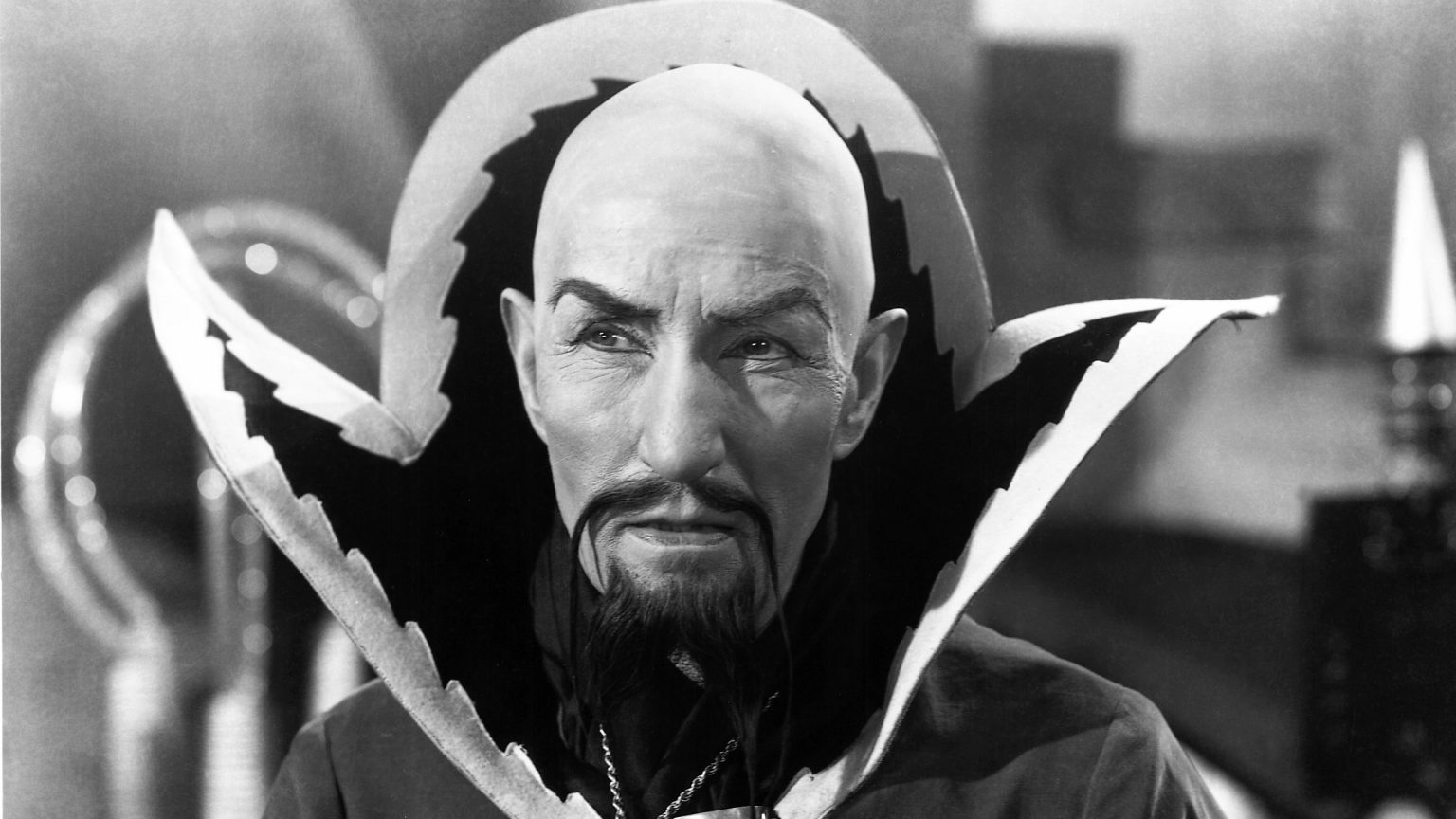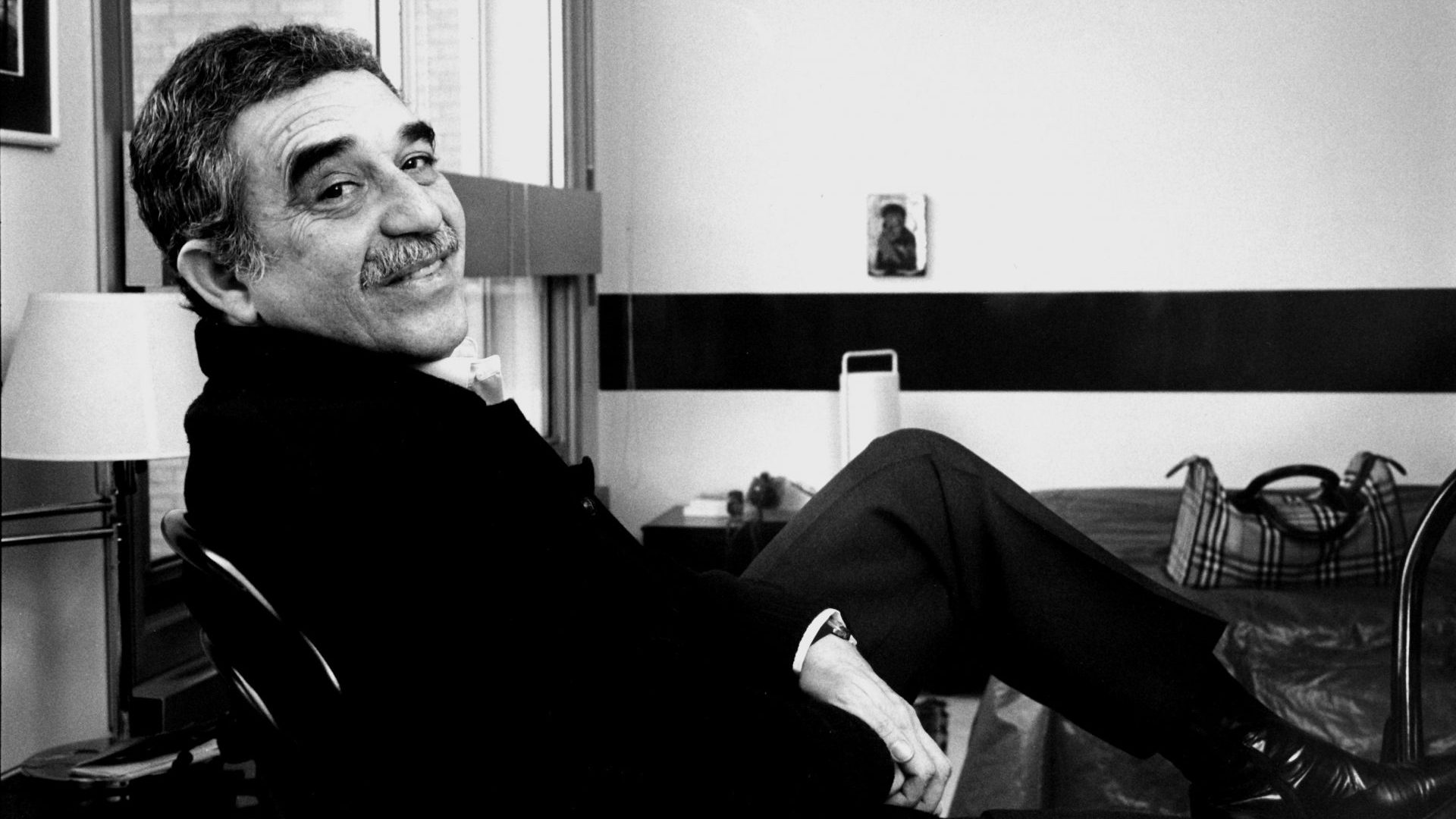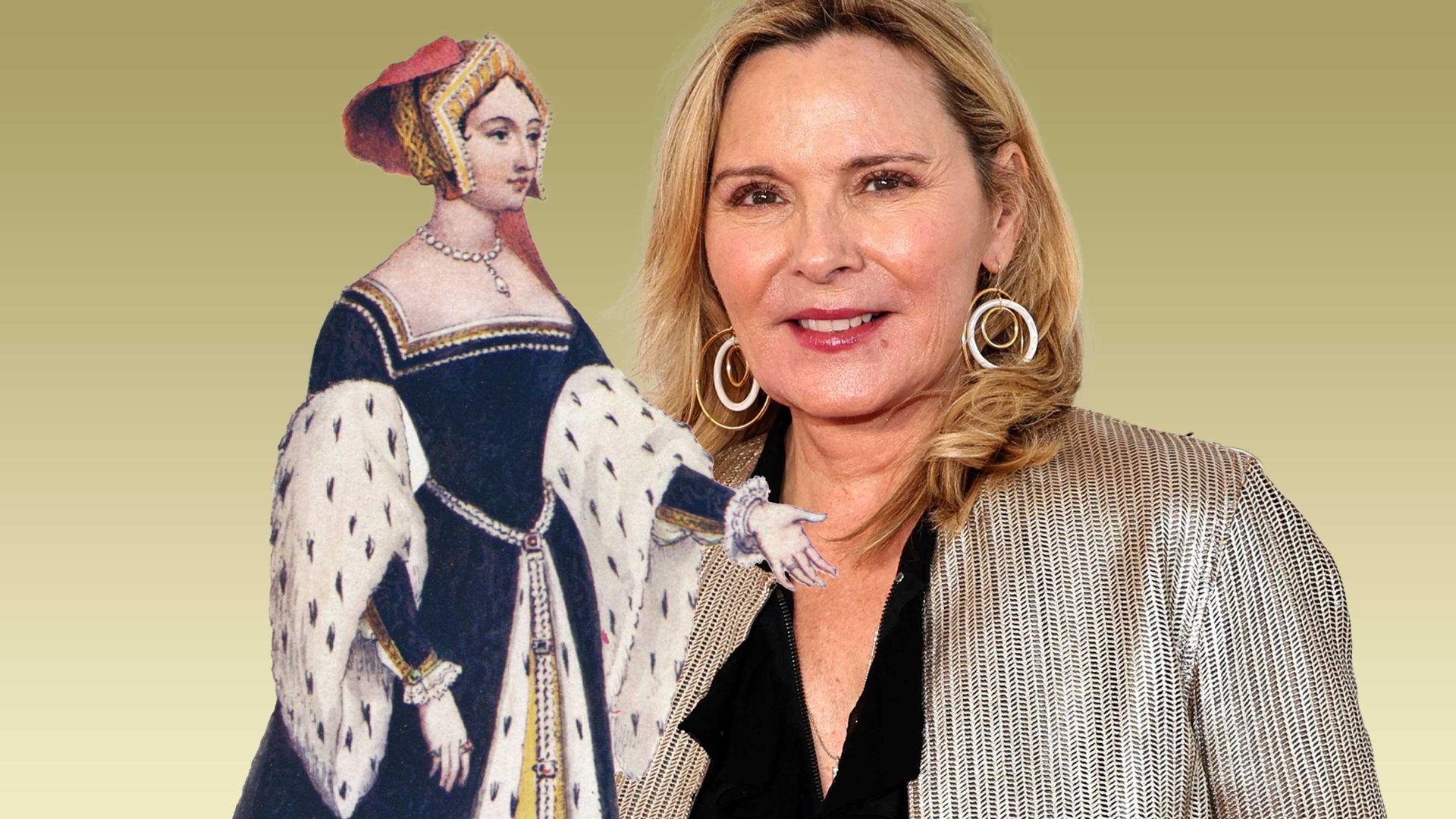“Half Moon”, “Chinese Girl”, “The Lotus Blossom”, “Toy Sing”, “Chin”, “Lotus Flower”, “The Mongol Slave”, “Tiger Lily”, “Hui Fei” – whenever I think of what actors of African descent were subjected to: the grinning; the shuffling and jiving; the conniving; the subservience etc in too much of vintage, I have to think again that black actors were not the only ones put through that mill; their agency denied; their intelligence and ability kicked to the side.
Vintage cinema abounds with stereotypes, and it is the hardest element of the genre to watch. To take in the humiliation and downright lies about entire peoples.
An actor of Chinese descent had to deal with the “Yellow Peril”, that unashamedly racist worldview that saw the so-called master race being swamped by trillions of yellow people with slanty eyes and devious ways.
The Great Replacement Theory of its day, it fed into the general paranoia and sense of doom following the first world war and the flu pandemic.
As a little kid, I watched the old Flash Gordon serials on TV; complete with spaceship miniatures that you could see the wires hanging from and a white guy playing a great force of evil, Ming the Merciless. We bought it.
Star Wars took the whole Flash Gordon trope lock, stock and barrel, but there was no Ming the Merciless in it. But his aura and sense of menace remained.
I guess that since the US had just finished the wholesale killing of the Vietnamese, bringing back Ming would not have been good box office.
Anna May Wong endured, appearing in many silents, this daughter of Chinese immigrants determined to be a part of an industry that saw her as no more than wallpaper. And she was not silent about it.
Born Wong Liu Tsong, Anna May Wong was determined to be in films. She adopted the flapper look, and became a fashion icon. She did silents; lived in Germany; moved to London and appeared on stage in the West End, even changing her accent to “received pronunciation” because there were complaints that her US accent was too twangy.
She made British films and starred in one: Piccadilly (1929). Travelling back and forth, she made silents, her radiant beauty capturing not only what the audience thought was “oriental”, but something more. It is even said that the man who wrote the lyrics to the classic These Foolish Things (Remind Me of You) did so because he was mesmerised by her beauty and intelligence.
These are present in full glow in Josef von Sternberg’s Shanghai Express (1932), which stars Marlene Dietrich. Wong takes Dietrich off the screen, even in von Sternberg’s hands, the director who made her.
She plays Dietrich’s pal, a fellow prostitute, both fleeing on a train to safer ground. Based on the Guy de Maupassant short story, the great and immortal Boule de Suif (the same story, by the way, that John Ford’s 1939 masterpiece Stagecoach is based on).
Wong, in her relative silence; in the murder that she commits, commands the screen. Von Sternberg allows her to. He can see her power.
The big film that got away, the one that broke her heart, the one that she campaigned for and deserved, was the part of the peasant wife O-Lan in Sidney Franklin’s The Good Earth (1937), about a peasant family in northern China before the first world war.
The part was played, instead, by the great Luise Rainer, born in Düsseldorf and who lived to be 104, making her the longest-lived Oscar recipient in history.
Anna May Wong kept going: television, more films. But she never got over the loss. Just as we must never get over the loss of her in it.
Michelle Yeoh’s Oscar acceptance speech for Best Actress for Everything, Everywhere All at Once, the first actress of south-east Asian descent to receive that accolade, said: “This is for all the shoulders that I stand on, all who came before me who look like me.”




